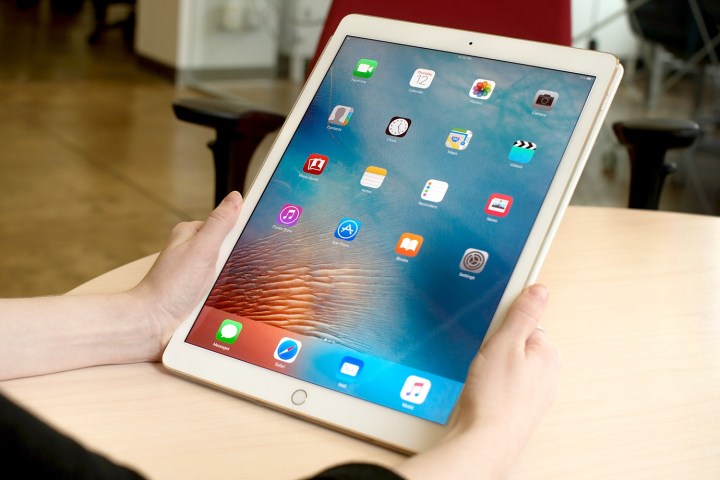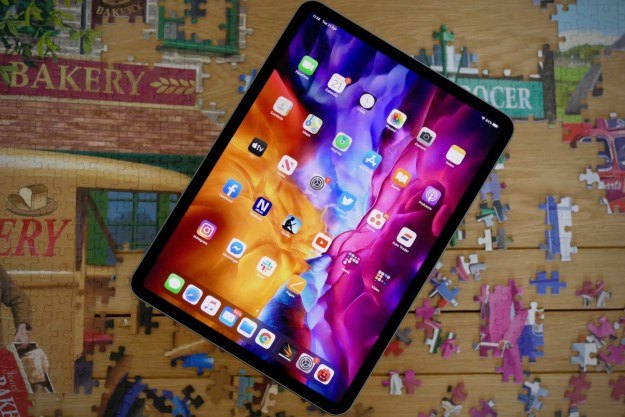
According to a report from the New York Times, as many as half of Apple’s iPad sales are from businesses and government entities, and sales of the higher-end iPads are particularly strong in the business market.
For example, according to the report, British Airways has built as many as 40 iPad apps for its workforce to use, and switching to tablets has totally eliminated the need for paper records and paper flight plans for the company. One app allows employees to use an iPad to rebook passengers quickly and easily when a flight has been canceled.
Of course, the shift does make some sense. Apple has been making a much larger push into business over the last few years than it did when the iPad was first launched in 2010. For example, the company buddied up with IBM in 2014 to launch a number of business-targeted iOS apps. It even paired with Microsoft to show off Office for iOS when the iPad Pro was first launched. Not only that, but Apple’s products do have an edge over Android and Microsoft slates — Apple products are often seen as more secure — whether they actually are or not — and Microsoft still doesn’t have a real mobile-focused operating system.
The news certainly does represent somewhat of a shift, especially for Apple. Microsoft has traditionally enjoyed much more success in the business sector, and while Apple obviously isn’t finding more success than Microsoft in business just yet, it is interesting that such a large chunk of Apple’s income comes from business.
Editors' Recommendations
- Apple accidentally revealed a big iPad Pro display upgrade
- Apple’s new iPad Pro and iPad Air just got delayed
- YouTube TV just got even better on iPhones and iPads
- I’m worried about Apple’s new iPads
- Apple may announce new iPads next month. Here’s everything we expect


